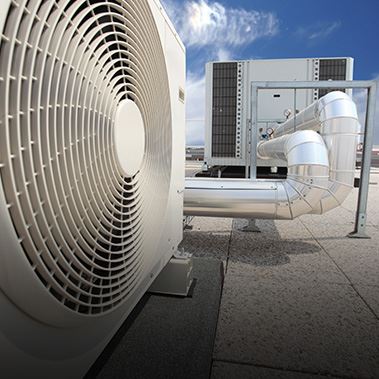It is usually seen, that homeowners take the HVAC system for granted and expect it to work effortlessly for years. However, like all mechanical systems, heating units have a limited lifespan and will eventually need to be replaced. An HVAC lasts 15-20 years but can work longer only if you opt for regular maintenance. One must know the key warning signs of an HVAC system otherwise it would eventually lead to HVAC repair.
Here are some key warning signs that it might be time to invest in a new heating system:
HVAC lifespan: The lifespan of your heating system is a crucial factor in determining whether it’s time for a replacement. Most heating systems have a lifespan of 15 to 20 years. If your system is approaching or has exceeded this age, it may be more cost-effective to replace it rather than continue with costly repairs and inefficient operation.
Unusual Noise: If your HVAC system is running with an unusual noise level then this is a key warning to get your Heating and AC system repaired. Noises from an HVAC system can indicate a range of issues, from minor to more serious like broken components, Debris in the System, Faulty Motor Bearings, and much more.
Frequent Repairs: If you find yourself calling for AC and heating unit repair more frequently, it’s a clear sign that your heating system may be on its last legs. Frequent repairs can indicate that the system is failing or that various components are wearing out. In some cases, the cost of ongoing repairs can quickly add up, making a new system a more economical choice.

Increased Energy Bills: A noticeable increase in your energy bills, especially without a corresponding increase in usage, may signal that your heating system is no longer operating efficiently. Older systems and those in poor condition can consume more energy to produce the same amount of heat, leading to higher utility costs. Upgrading to a more energy-efficient model can help reduce your bills and benefit the environment.
Uneven Heating: If some rooms in your home are consistently colder than others or if you notice temperature fluctuations, it could be a sign that your heating system is struggling to distribute heat evenly. Uneven heating can result from a malfunctioning system or outdated technology. A new, more efficient heating system can improve overall comfort and ensure consistent warmth throughout your home.
Constant Thermostat Adjustments: If you find yourself constantly adjusting the thermostat to maintain a comfortable temperature, your heating system may not be functioning properly. Inconsistent heating or difficulty reaching the set temperature can be signs that the system is failing to meet your heating needs. A new system with advanced controls and better efficiency can resolve these issues.
Increased Dust and Allergies: A heating system that is not working efficiently can contribute to poor indoor air quality. If you notice an increase in dust, allergens, or dry air, it could be due to a malfunctioning heating system. Modern systems are designed with better air filtration and humidity control, which can help improve indoor air quality.
Recognizing the signs that it’s time for a new heating system can help you make an informed decision and avoid unexpected breakdowns. If you notice any of these warning signs, it’s a good idea to consult with a Duct Professor who can assess your system’s condition and recommend the best course of action. Investing in a new heating system can enhance your home’s comfort, improve energy efficiency, and give you peace of mind during the coldest months of the year.

